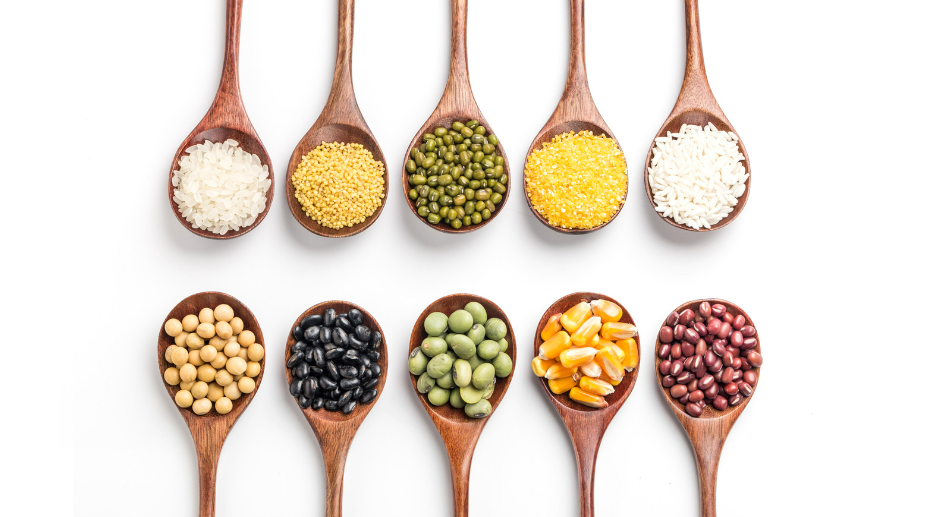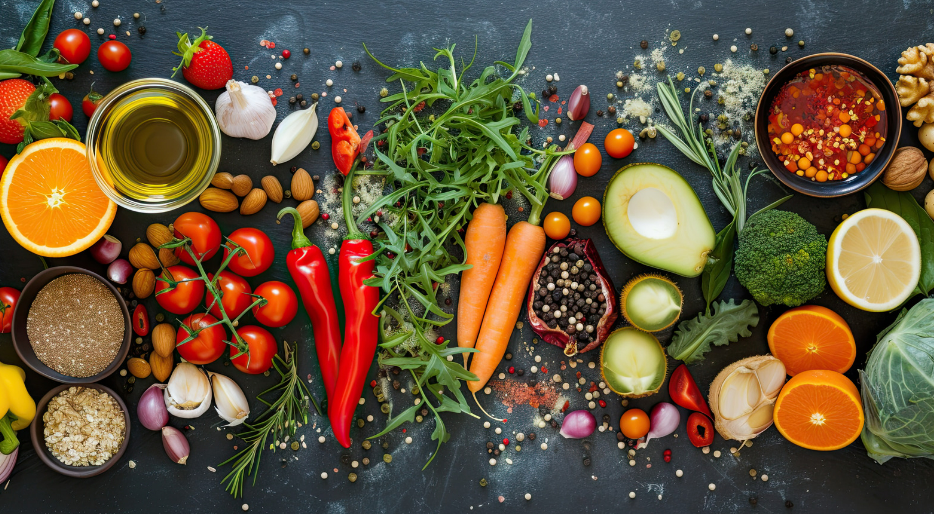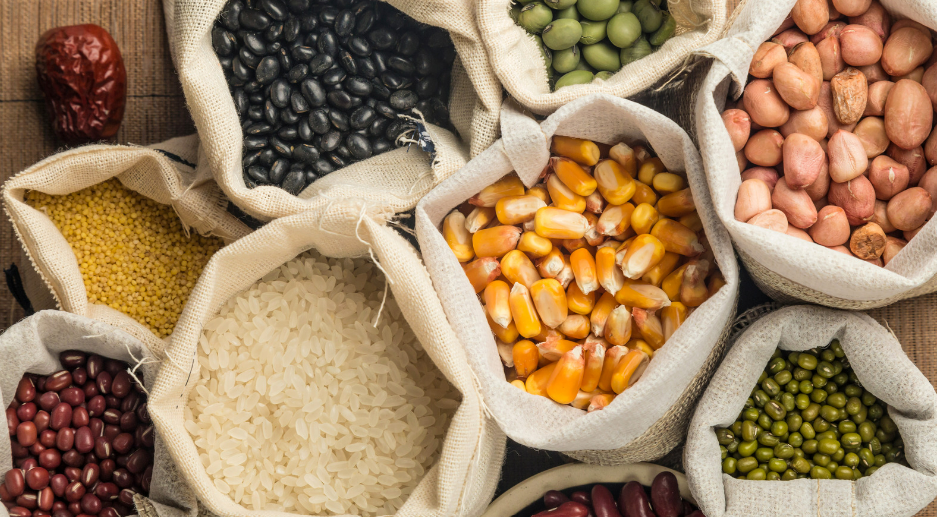
Maintaining excellent vision, beyond the use of corrective eyeglasses and sunglasses, involves nourishing your body with the right nutrients that fortify eye health. Here’s a detailed look at key nutrients and foods that are beneficial for your eyesight, including how they can support overall eye function.
-
Vitamin A: A Vision Essential
Vitamin A is crucial for good vision, particularly in dim lighting. It aids in producing rhodopsin, a pigment essential for seeing in low-light conditions. Lack of this vitamin can lead to night blindness and other serious eye issues.
Top Sources:
● Carrots
● Sweet potatoes
● Spinach
● Kale
● Red bell peppers
-
Vitamin C: The Eye Protector
As an antioxidant, vitamin C plays a role in combating free radical damage and maintaining the health of eye blood vessels. It’s known to reduce the risk of cataracts and, when combined with other nutrients, can decelerate the progression of age-related macular degeneration (AMD).
Top Sources:
● Citrus fruits like oranges and lemons
● Strawberries
● Brussels sprouts
● Papaya
● Broccoli
-
Vitamin E: Antioxidant Power
Another antioxidant, vitamin E protects the eyes from free radicals. It’s linked to preventing cataracts and AMD, thereby supporting the health of those who need to use polarized sunglasses to shield their eyes from UV rays.
Top Sources:
● Almonds
● Sunflower seeds
● Hazelnuts
● Peanut butter
● Wheat germ
-
Lutein and Zeaxanthin: Natural Sunscreens
These carotenoids are critical for filtering harmful blue light and aiding in cell maintenance in the eyes. Essential for anyone, these nutrients help manage light exposure.
Top Sources:
● Leafy greens like spinach and kale
● Egg yolks
● Peas
● Corn
-
Omega-3 Fatty Acids: Moisture and Clarity
These fats are vital for retinal health and may prevent dry eye syndrome, a common issue for those who look at computer screens for long periods. Omega-3s support visual development and retinal function as well.
Top Sources:
● Salmon
● Mackerel
● Flaxseeds
● Walnuts
● Hemp seeds
-
Zinc: Night Vision’s Ally
Zinc facilitates the transport of vitamin A from the liver to the retina, essential in producing melanin, a protective pigment in the eyes. It enhances night vision and can slow the progression of AMD.
Top Sources:
● Oysters
● Beef
● Pumpkin seeds
● Lentils
● Yogurt
Integrating Eye-Healthy Foods into Your Lifestyle
Adopting a diet rich in these nutrients can greatly benefit your eye health. Consider blending a smoothie with berries and seeds for breakfast, a nutrient-packed salad for lunch, and opting for fatty fish at dinner to boost your omega-3 intake. Smart snack choices like nuts and fresh fruits can also aid in maintaining optimal eye health.
Always remember to consult with a healthcare provider or a dietitian to customize your diet to your specific health requirements, particularly if you have existing eye conditions or other health concerns.







